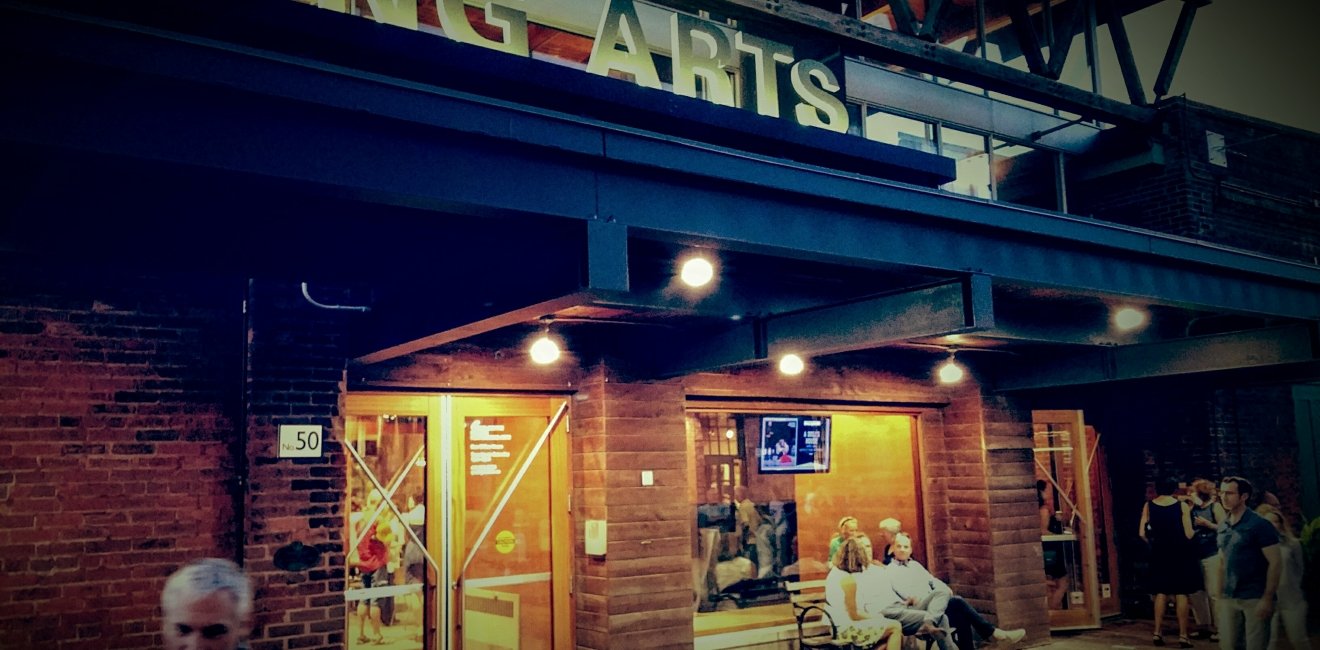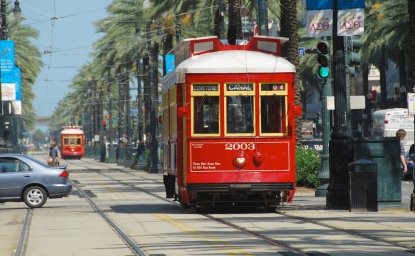
Albert Schultz came of age with Canadian theater. Born in 1963 in Port Hope, Ontario, Schultz grew up in Okotoks, Alberta before heading to Toronto and London to study at York University and the London Academy of Music and Dramatic Art. His career has moved among stage, television and film; from acting to directing; from performance to fundraising. Schultz connected with leading innovators in late twentieth-century theater ranging from Robin Phillips at the Stratford Festival to a long creative interaction with the distinguished Hungarian László Marton. Always ambitious, Schultz is on a mission to create civic theater, give the classics a Canadian accent, and take the voice of Canadian theater to the world. Toronto’s two-decade-old Soulpepper theatre company has proven to be a powerful collaborator in bringing his dream to reality.
Schultz arrived on the Canadian stage just as French and English Canadian theater were coming into their own after a long history. Various chroniclers date the arrival of European theater in today’s Canada to 1583; others to 1606, and 1640. Whatever the precise date, English and French language classics by such authors as Molière, Corneille, Racine and Shakespeare enjoyed wide following among Canada’s early French and English colonists. Given Canada’s sparse population--plus the hostility of Protestant and Catholic clerics--theater primarily remained an amateur entertainment well into the nineteenth century. Even then, Canadian performing arts largely remained connected to distant metropolitan capitals in Europe (and later in New York and eventually California).
The state of Canadian theater changed following World War II. Regional theaters came into being across the country while nascent English and French television networks encouraged writers, actors, directors and producers as they scrambled to fill the airways with distinctive Canadian content. By the 1960s, smaller experimental theaters emerged across English Canada while a distinctive French theater took shape in Quebec at times drawing on the Quebec idiom joual.
Grants supporting Canadian playwriting in anticipation of Canada’s Centennial in 1967 spurred further development. One major project, Toronto’s St. Lawrence Centre for the Arts, emerged as an important focal point for Canadian theater which encouraged the continuing development of Toronto’s vibrant theater community. Many associated with the Centre anticipated that it would secure a solid foundation for a new form of Canadian civic theater. Toronto grew into a theatrical powerhouse by the century’s end, just as Schultz became a theater professional.
Schultz joined with a dozen other rising Toronto artists in 1998 to form Soulpepper as a company that would present classical works by such noted playwrights as Harold Pinter, Thornton Wilder, Tom Stoppard, Samuel Becket and Anton Chekhov, all from a distinctively Canadian perspective. Seven seasons later the company moved into the Distillery District, an artfully renovated industrial site next to the Gardiner Expressway east of downtown, where whiskey was once produced.
Within a decade, Soulpepper had become Toronto’s most popular theater attracting as many as 100,000 viewers each season. The company expanded its repertoire to newer works including a widely acclaimed production of Tony Kushner’s Angels in America. Not everyone was pleased by this turn of events. In 2013, University of Toronto Professor Holger Syme complained in an email to Toronto’s major newspaper The Globe and Mail that, “If the company started out 15 years ago hungry for a challenge and committed to making old texts newly exciting and engaging, they have now transformed themselves into a commercial enterprise offering an utterly conventional, very safe repertory of not-very-old plays staged with slick production values in polished and largely unchallenging performances.”
Schultz, the company’s Artistic Director, indeed set his sights on a different agenda as he returned to the Centenary-era goal of creating a “National Civic Theatre.” The company actively seeks engagement with communities across the city and nation running ambitious training programs; commissioning new works by Canadian authors; regularly touring throughout Ontario, Canada and internationally; expanding its reach through social media and other digital platforms; engaging new Canadians as they discover their country through theater; all while maintaining active seasons at its home base in the Distillery District. To celebrate Canada’s Sesquicentennial and its own twentieth anniversary, Soulpepper will present an ambitious repertoire of six Canadian plays in June 2017 at New York’s Pershing Square Signature Centre on 42nd Street, just west of Times Square.
Soulpepper’s artistic and popular success undergirds its activist civic mission of becoming “a place of belonging for artists and audiences of all ages and backgrounds.” The company realizes its mission through six sets of activities which look to the community through civic engagement of various forms including programming in schools; to the future through The Soulpepper Academy training up-andcoming generations of theatre artists; to the “pipeline” through the development of new works; to the stage, including plays, presentations and other events; to the road with touring; and, to the air through digital and broadcast media. Their charge is clear: everyone belongs at Soulpepper.
In his message to the audiences of his 2015 season, Schultz observed:
our profoundly gifted company of artists are, like you, citizens of this community and represent the cultural, generational, and artistic diversity of your city. The work on our stages looks out to the world while simultaneously focusing on our national voices. Our offerings are multi-disciplinary and expansive in their scope; they acknowledge the gifts of our collective cultural past while imagining our creative future as a nation.
Schultz has led Soulpepper through a transition from a stage dedicated to the classics to a civic powerhouse. In doing so, the company has not so much abandoned its original mission as expanded it. The transformation to a community asset has created a support system that sustains and replenishes the company’s original vision.
Artistic Visionaries and Community Creators
The power of the performing arts to nurture inclusive communities has been praised widely in recent years; so much so that “creative placemaking” is now seen as a powerful tool in community development. The supportive role of community in fostering artistic innovation is less acknowledged. This series highlights the work of visionaries for whom creating communities of students, protégés, audiences, and donors has become a strategic element in transforming their arts.
Author

Former Wilson Center Vice President for Programs (2014-2017); Director of the Comparative Urban Studies Program/Urban Sustainability Laboratory (1992-2017); Director of the Kennan Institute for Advanced Russian Studies (1989-2012) and Director of the Program on Global Sustainability and Resilience (2012-2014)
Explore More in Artistic Visionaries and Community Creators
Browse Artistic Visionaries and Community Creators
Mark and Susan Marie Rhea and Irish Theater

Hugo and Rebecca Medrano and Hispanic Theater

Andrew Kingsley, Andrew Vaught and Social Impact Theater

